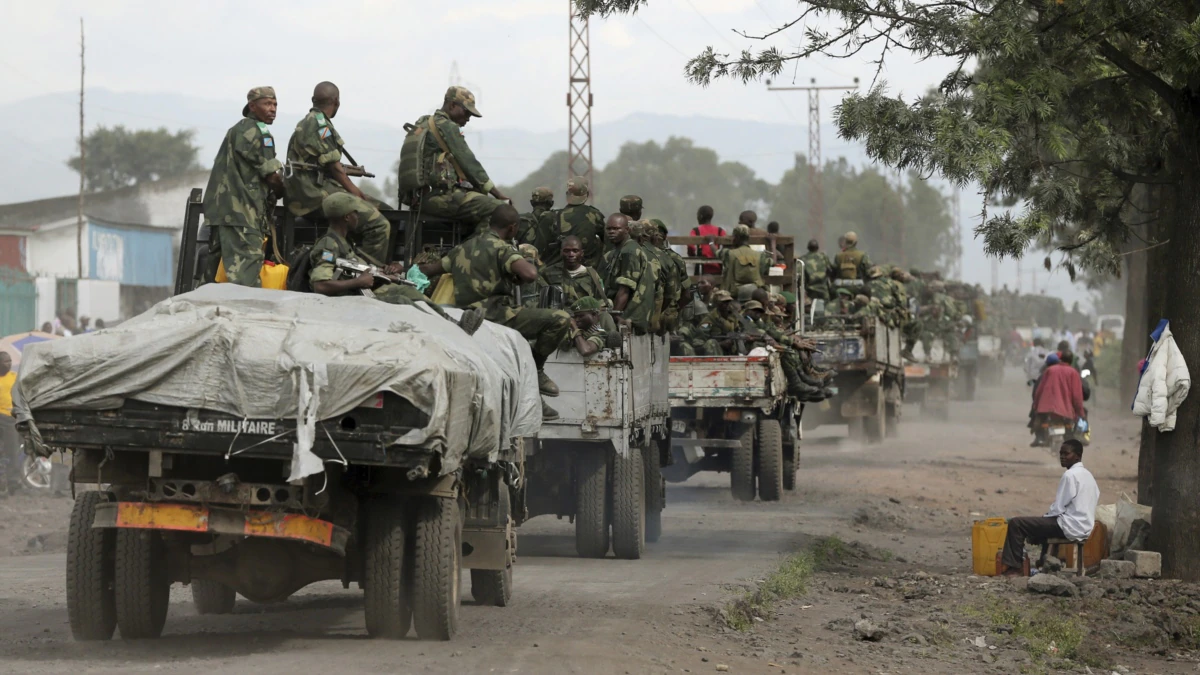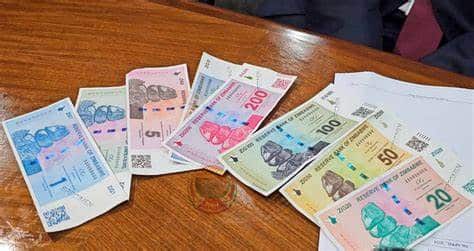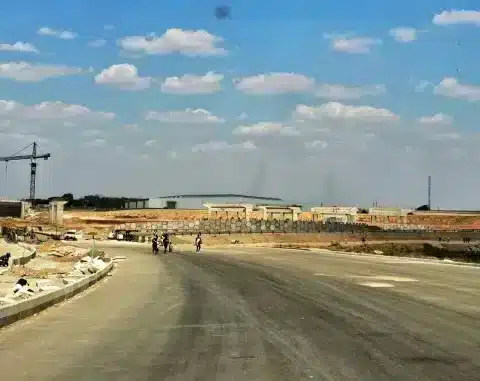As a nation, we have all suffered the wounds of war. For some, the pain is more personal, as they have lost loved ones in conflicts fought far from home.
Such is the case for my family and that of many others in Zimbabwe.
I have a particular interest in this war because I lost my younger brother to this war. He was 22 at the time.
He was a young soldier recruited specifically for this war. He alongside many other young soldiers perished in a war far away from home in the dense forests and jungles of the Democratic Republic of Congo (The DRC) war, was a complex and violent conflict that took place from 1998 to 2003 and involved numerous factions and foreign powers, including Zimbabwe.
But why did Zimbabwe get involved in the first place? It is likely that the country saw its participation as a way to assert its role as a regional power and demonstrate its commitment to peace and stability in Africa. Zimbabwe may have believed that by intervening in the conflict, it could play a role in bringing an end to the fighting and establishing a peace process in the DRC.
However, the costs of this participation were significant. The conflict required a significant deployment of Zimbabwean troops and resources, and the war effort drained the country’s finances. In addition, Zimbabwe’s participation in the conflict damaged its international reputation and relations with other countries.
And then there is the human toll. It is not well documented how many Zimbabwean soldiers lost their lives in the DRC, and it is likely that the number of casualties on all sides was significant. The families of these soldiers may never know the full extent of their loved ones’ sacrifice.
As we examine the history and legacy of the DRC war, we must also consider the issue of corruption. There have been allegations of corruption and profiteering by individuals who benefited from the conflict, while remaining silent on the lives lost by the young people recruited into this conflict. It is important that those responsible for any wrongdoing are held accountable for their actions.
In conclusion, Zimbabwe’s involvement in the DRC war had significant costs and consequences for the country and its people. As we remember and reflect on this chapter in history, we must not only consider the economic and political impacts, but also the human toll of the conflict. It is important that we seek to understand the full history and legacy of this conflict, including any instances of corruption and wrongdoing, in order to ensure that such tragedies are not repeated in the future. We must honor the sacrifices made by our soldiers and their families, and work to bring justice and accountability for any wrongdoing. Only then can we begin to heal the wounds of war.








